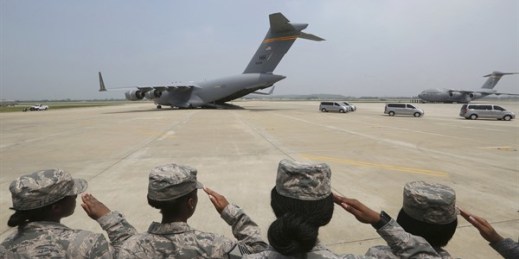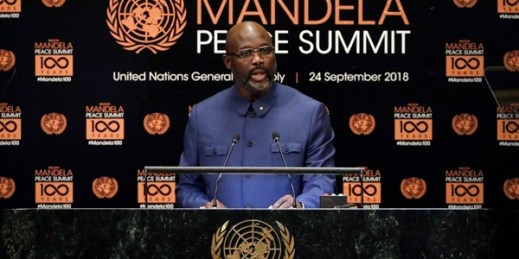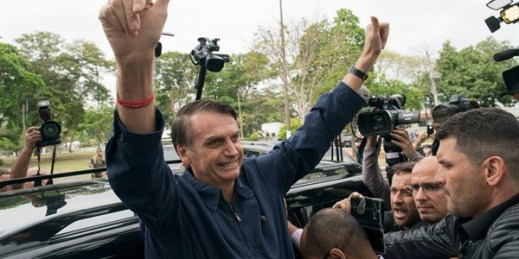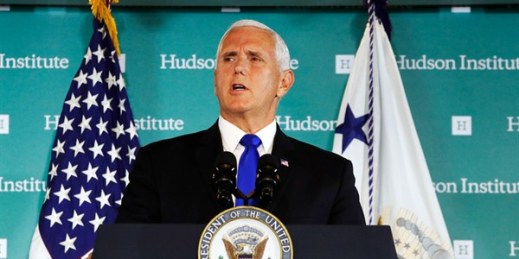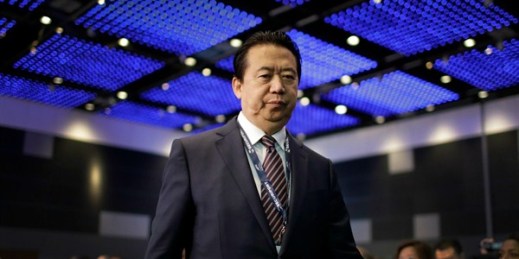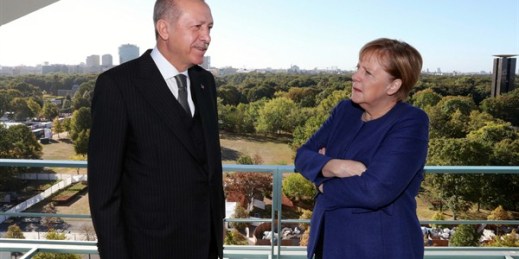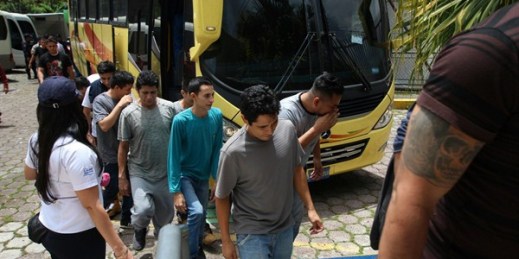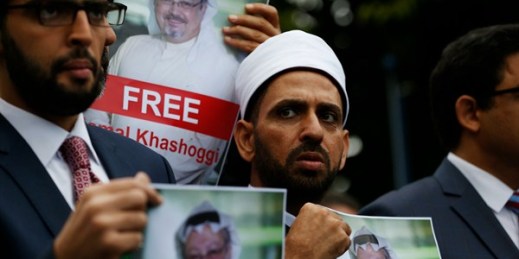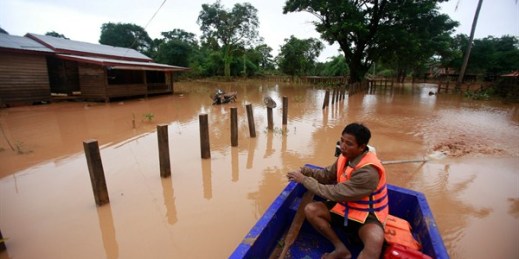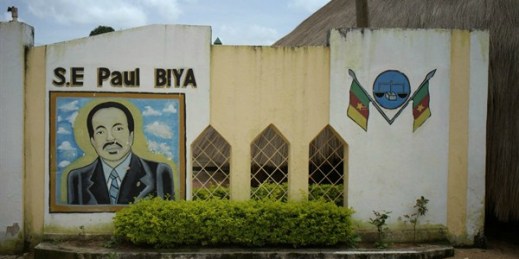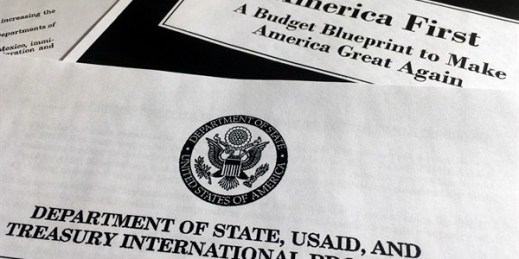
In this week’s Trend Lines podcast, WPR’s editor-in-chief, Judah Grunstein, and managing editor, Frederick Deknatel, discuss the disappearance of Saudi journalist Jamal Khashoggi and the implications for U.S.-Saudi ties. For the Report, Anna-Catherine Brigida talks with WPR’s senior editor, Robbie Corey-Boulet, about the dangers facing Salvadorans deported by the U.S., many of whom are returning to a country they barely know. If you like what you hear on Trend Lines and what you’ve read on WPR, you can sign up for our free newsletter to get our uncompromising analysis delivered straight to your inbox. The newsletter offers a free preview […]


